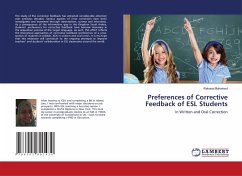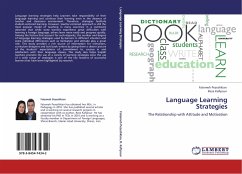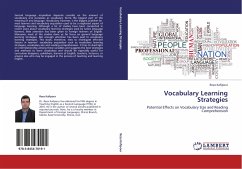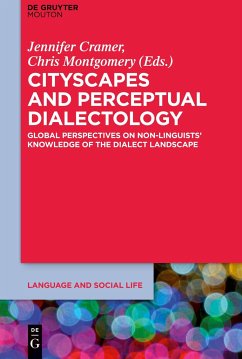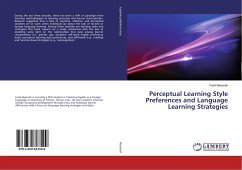
Perceptual Learning Style Preferences and Language Learning Strategies
Versandkostenfrei!
Versandfertig in 6-10 Tagen
55,99 €
inkl. MwSt.

PAYBACK Punkte
28 °P sammeln!
During the last three decades, there has been a shift of paradigm from teaching methodologies to learning processes and learner characteristics. Research suggested that a host of cognitive, affective, and perceptual variables are at work when individuals go about the task of second or foreign language learning. Among these variables are learning styles and strategies. This book reports on a study conducted with the aim of shedding some light on the relationships that exist among learner characteristics (i.e., gender, age, discipline, self-rated English proficiency level), perceptual learning s...
During the last three decades, there has been a shift of paradigm from teaching methodologies to learning processes and learner characteristics. Research suggested that a host of cognitive, affective, and perceptual variables are at work when individuals go about the task of second or foreign language learning. Among these variables are learning styles and strategies. This book reports on a study conducted with the aim of shedding some light on the relationships that exist among learner characteristics (i.e., gender, age, discipline, self-rated English proficiency level), perceptual learning style preferences, and skill-based (e.g., reading) and function-based strategies (e.g., metacognitive).



